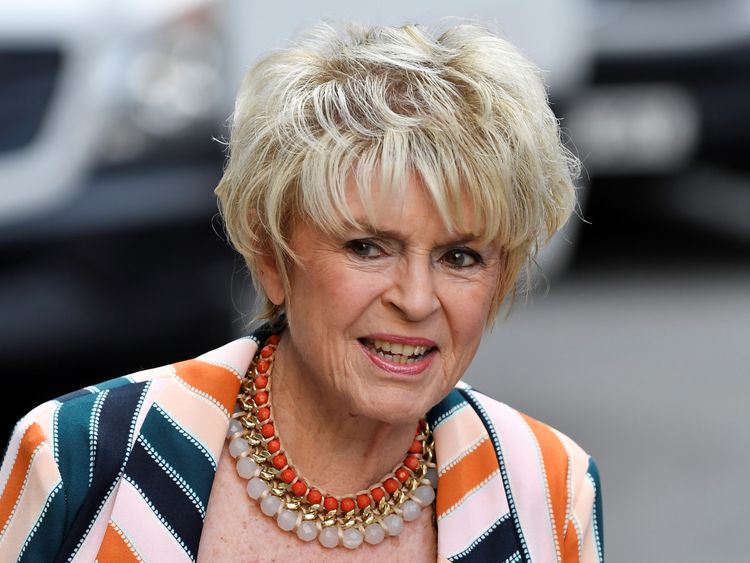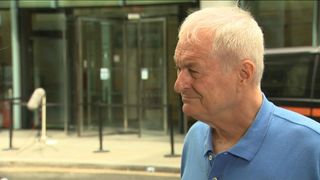This is the first time a court has had to decide whether a person under investigation by the police has a reasonable expectation of privacy.
As a matter of general principle, Mr Justice Mann ruled, a suspect does now have that human right.
It is understandable, the judge added, that suspects would not wish people to know they were under investigation because of the stigma involved.
The public could not be relied on to remember that suspects were innocent until proved guilty in court.
The fact that a search warrant had been issued by a court did not remove a suspect's expectation of privacy, the judge added.
Nor did the fact that a suspect was well-known: public figures were entitled to privacy too.
And a suspect did not lose the expectation of privacy simply because information about an investigation had come into the hands of the media.
The Human Rights Act requires privacy rights to be balanced against the media's right to freedom of expression.
But the BBC's rights in this case were limited, the judge said.

"Knowing that Sir Cliff was under investigation might be of interest to the gossip-mongers, but it does not contribute materially to the genuine public interest in the existence of police investigations in this area."
In striking the balance in favour of the entertainer, Mr Justice Mann said the consequences for Sir Cliff of the BBC's reporting had been very serious.
Even a low-key report would have been a serious infringement and would not have been outweighed by the BBC's rights to freedom of expression.
But the BBC had added impact to its story by using live helicopter images.
Its television reports were "presented with a significant degree of breathless sensationalism", the judge said.
Gavin Millar QC, for the BBC, had argued at the hearing that the case raised "issues of great, arguably of constitutional, importance for the freedom of the press in this country."
He said that if Sir Cliff's claim were successful it would undermine the long-standing press freedom to report the truth about police investigations.
Any change in the law should be a matter for parliament, the barrister had argued.
But Mr Justice Mann thought that was overstating the BBC's case.
"I agree that the case is capable of having a significant impact on press reporting, but not to a degree which requires legislative, and not merely judicial, authority."
Parliament had passed the Human Rights Act 20 years ago and that had already affected media reporting.
He said: "If the position of the press is now different from what it was that is because of the Human Rights Act and not because of some court-created principle."
 4:10
4:10Outside court, the BBC's director of news and current affairs Fran Unsworth said the case marked a "significant shift" against press freedom.
An "important principle" around the public's right to know was at stake, she added.
The BBC is considering whether to appeal against the ruling.
It's important to stress that the judgment deals only with the position of suspects under police investigation.
There is no suggestion – at least for now – that it will be unlawful for journalists to name defendants when they are charged.
But unless this ruling is overturned on appeal, news organisations will have to restrict the way they report police investigations.
So too will users of social media, though they may not be worth suing.
Reporters will need to make sure, before naming a suspect, that the public interest in reporting outweighs the individual's right to privacy.
Many journalists will err on the side of caution.
The BBC defended this case because it felt it had to stand up for media freedom.
More from Sir Cliff Richard
But this judgment imposes yet another limit on that hard-won right.
It may be a limit that many people unconnected with the media will welcome – but the public will be less well-informed in future.
[contf] [contfnew] 
Sky News
[contfnewc] [contfnewc]







